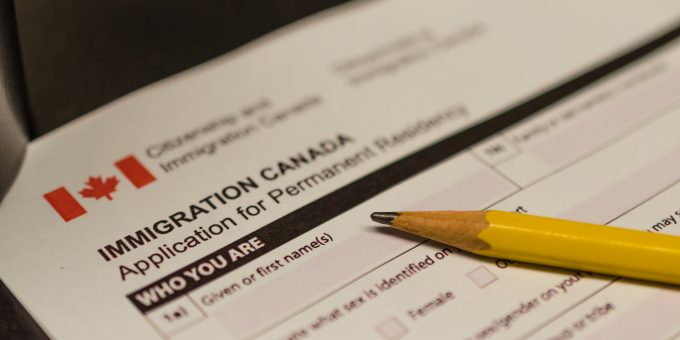
iStockPhoto.com // Manjarul
canada’s immigration politics
In the realm of global politics, immigration stands as a polarizing issue, often framed in terms of openness versus restriction. Traditional assumptions tie political parties to clear-cut stances, portraying liberals as proponents and conservatives as opponents of immigration. But how has this played out in Canada, a country that Prime Minister Justin Trudeau has claimed is “the first postnational state”? A recent publication in the Canadian Review of Sociology turns to data from Canadian parliamentary debates on immigration from 1968 to 2019.
Using discourse analysis, Ravi Pendakur and Sabrina Sarna identify Parliament’s 24 most frequently mentioned immigration issues, ranging from intake classes to refugee crises. Across the roughly 24,000 speeches analyzed from this 50-year period, refugees were the most frequently discussed issue, even though they constitute a relatively small proportion of country’s total annual immigration intake. Conservative Members of Parliament transitioned from discouraging refugee intake due to security concerns and terrorism during the Harper years (2006-2015) to later questioning the Trudeau government about its failure to fulfill the refugee intake promise. Polarized until 2015, the Liberal party’s perspective shifted rightward on the political ideology spectrum, whereas the Conservative party moved leftward. This shows that both parties gravitated toward a more centrist stance on immigration toward the end of the study period.Polarization between parties does not necessarily imply static views on immigration. As Pendakur and Sarna find, parties across the political spectrum may strategically shift toward the center, either to distance themselves from past leaders or to recapture moderate support within their respective political spheres.
